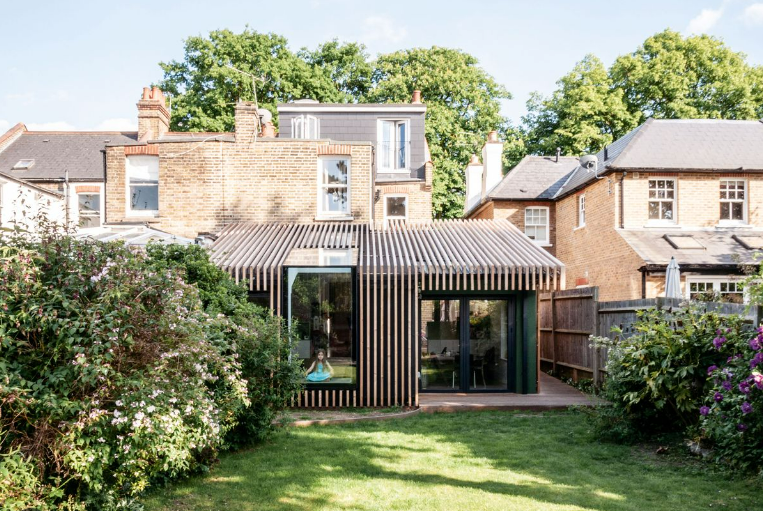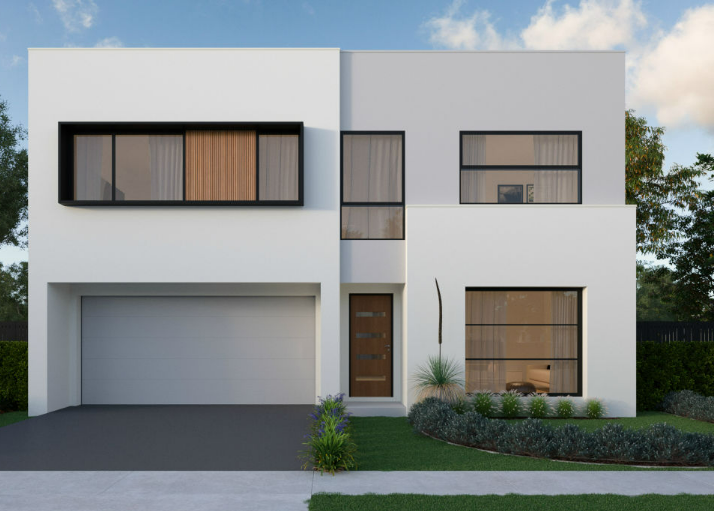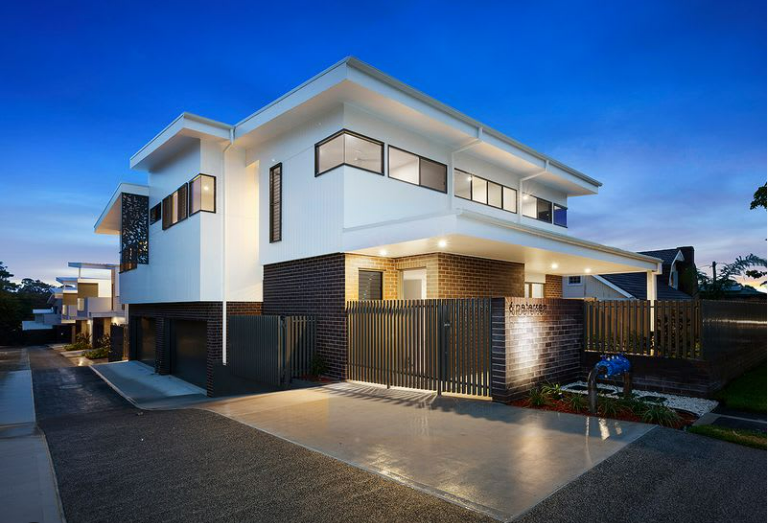Here’s What to Consider When Buying a Detached House

Homes come in all shapes and sizes, but the most well-known type is the detached house, or single-family home. Let’s explore the pros and cons of owning a detached family home.
What Is a Detached House?
A detached house is a freestanding home situated on its own plot of land. Unlike rowhouses, townhomes, or condominiums, a single-family home does not share walls with any other residential units. Detached houses typically offer open space on all sides and often include some form of greenspace, such as a front yard, backyard, and side yards. With this type of housing, you usually own both the home and the land it sits on, giving you more control over property modifications. For instance, owning a detached house makes it more feasible to build additions, such as a sunroom or an in-law suite.
Common Traits of a Detached Family Home
- Freestanding structure: A single-family home stands independently, without sharing walls, roofs, or foundations with neighboring homes.
- Full property ownership: You own both the house and the land it occupies, making single-family homes a sound investment and offering greater control over updates and renovations.
- Greenspace: Detached homes often feature a front yard, backyard, and side yards, providing more greenspace compared to semi-detached houses.
- More living space: Detached family homes generally offer more interior space than townhomes or rowhouses, though some exceptions exist.
How Are Semi-Detached Homes Different?
The main difference between single-family homes and semi-detached houses is that semi-detached homes share at least one wall with another dwelling. Townhomes, duplexes, and rowhouses are common examples of semi-detached homes. While single-family homes can be single-story or multi-level, semi-detached homes typically have a smaller footprint and are more likely to have multiple floors to maximize living space.
Common Traits of Semi-Detached Homes
- Available amenities: Large condo developments or townhome communities might offer amenities such as a pool, tennis courts, or an exercise facility.
- Shared ownership: While you own your individual home, you may also be responsible for maintaining common areas and shared structures like the roof and foundation.
- Shared walls: In a semi-detached home, you will share at least one wall with a neighbor.
- Similar design: Homes in these developments typically feature a uniform exterior design, with many units having similar interior floor plans.
Pros of Buying a Detached Home

There are substantial differences between detached houses and multi-family homes that share at least one common wall. Here are the primary advantages of purchasing a single-family home.
You Can Enjoy a Nice Yard
Most single-family homes come with a yard, providing a front yard, backyard, and sometimes even side yards. This greenspace can be essential for family living, offering a play area for young children and pets. For those with a green thumb, it offers space for gardening, whether for vegetables or flowers. A well-maintained yard also provides a great spot for outdoor activities. A local real estate agent can help you find a home with the outdoor space that suits your needs.
Freedom to Do What the Homeowner Wants
When you own a single-family detached house, the property is yours to modify. Unless restricted by an HOA or zoning ordinances, you have the freedom to update, renovate, and expand as you see fit. Whether it’s building an addition, adding a deck, or constructing a detached garage, you have the liberty to make your home fit your vision.
Big Gains in Privacy
Single-family homes generally offer more privacy than semi-detached homes. Unlike townhomes, rowhouses, and duplexes that share walls with neighbors, detached homes ensure that you don’t have to deal with shared walls, floors, or ceilings. This means fewer disturbances from neighbors’ conversations, loud music, or other noises, and it also means your neighbors are less likely to hear noise from your home.
More Space for Your Family
Detached houses typically offer more space than other types of homes. Depending on your location, you might find homes with additional spaces like attics or basements. While these features might be available in some townhomes or duplexes, they are less common in condominiums. If you’re looking for a home with room to grow, a detached house will usually provide the extra space you need.
Cons of Buying a Detached Home
A single-family home may not be the best choice for every buyer. Here are some potential cons to help you decide if a townhouse, condominium, or duplex might be a better fit for you.
Comparatively Few Amenities
Condominium and townhome developments often boast significant amenities such as swimming pools, fitness centers, and tennis courts. These features are designed for communal use, and residents generally appreciate having access to them. While these developments typically require HOA fees for maintenance, these dues sometimes also cover certain utilities, such as gas, water, or trash collection. In contrast, with a detached home, you won’t have access to such amenities unless you build them on your property, and you’ll be responsible for setting up and paying for all utilities.
You Are in Charge of Maintenance
In an apartment building or condo, the management company handles issues such as exterior repairs, clogged gutters, and ponding water. Regular maintenance ensures that minor issues are addressed before they become costly problems. However, in a single-family detached home, all maintenance and repair issues fall on the homeowner. While handy individuals might manage some tasks themselves, larger jobs will require professional help. Additionally, you’ll need to maintain your lawn and landscaping, shovel snow, and be mindful of potential repairs.
Security and Isolation
While a single-family home offers greater privacy, it may also lead to feelings of isolation, especially if you live alone. Condos and townhomes provide a community of residents around at all times, whereas a single-family home in a remote area might necessitate extra security measures. These could include upgrading locks, installing exterior lighting with motion sensors, adding a security system, or putting up a fence.
Longer Commutes to Work

Single-family homes are typically more common in suburban and rural areas, which can result in longer commutes to work compared to urban living. Many attached home developments are located near main highways or have close access to public transportation, allowing residents to reach main roads or transit options more easily.
Too Much Space
For individuals who are single, or who become single due to divorce or the death of a spouse, the space in a detached home may feel overwhelming. The extra space can also be difficult or time-consuming to maintain, making a smaller, attached home more appealing.
Is a Detached Single-Family Home Right For You?
A detached home is ideal if you prioritize having a yard for greenspace or need ample space for family members and guests. Additionally, if privacy is important to you, single-family homes offer more distance from neighbors, making them an excellent choice.